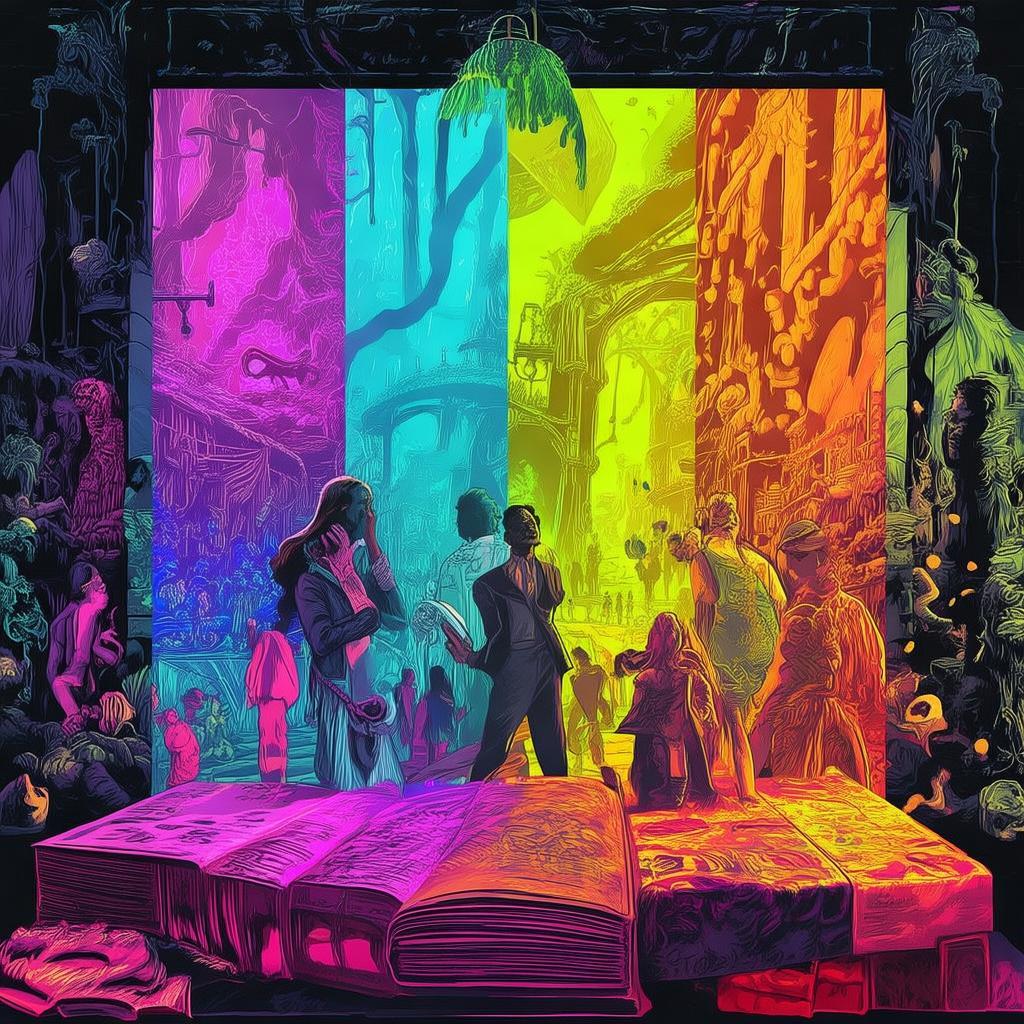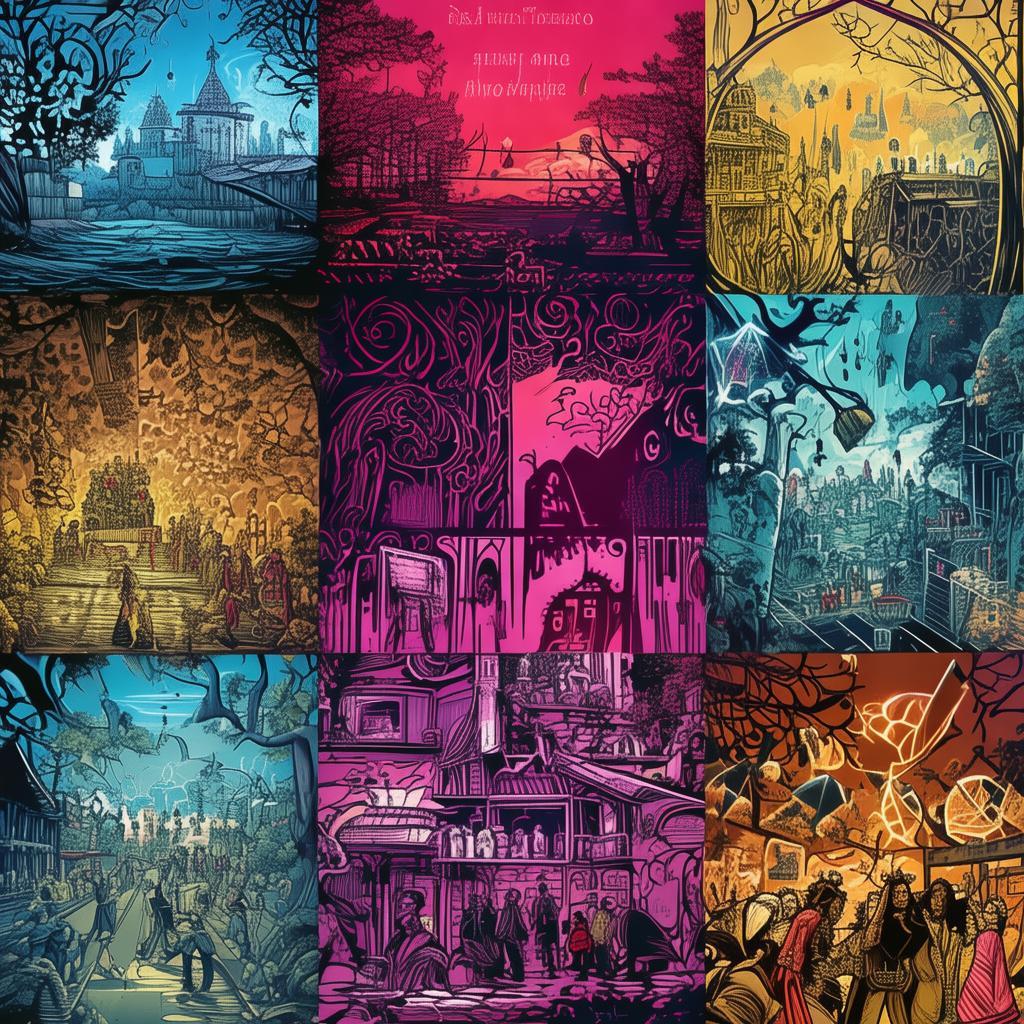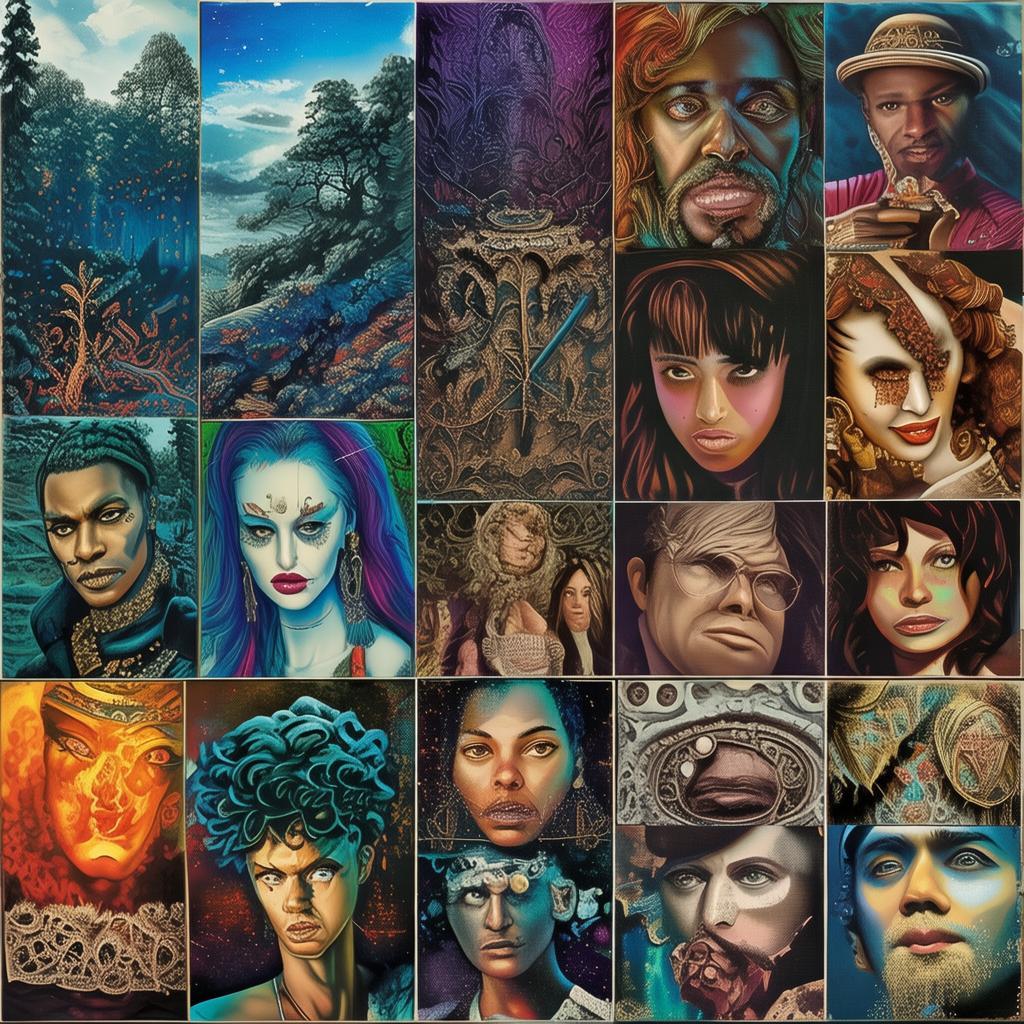The Sentence Symphony: A Sixth-Grade English Symphony
The bell tolled, echoing through the cinderblock corridors of Sixth Grade A. It was the last period before the weekend, and the students were buzzing with excitement. Today, their English teacher, Mrs. Whitaker, had something unusual planned. She had promised them a symphony, not of music, but of sentences.
Mrs. Whitaker stood before the class, her eyes twinkling with anticipation. "I have a challenge for you," she began, her voice as soothing as a lullaby. "You will write a symphony using only sentences. Each sentence will be a note, and together, they will create a masterpiece that reflects your thoughts, your fears, your dreams."

The students exchanged confused glances. Symphony, out of sentences? It seemed impossible. But Mrs. Whitaker's eyes held a spark of mischief that promised an adventure.
The symphony began with whispers. "I wish I could fly," whispered Lily, her voice barely audible. "I am scared of the dark," echoed Jake, his eyes darting around the room.
The sentences grew louder, each student finding their voice. "I want to be an astronaut," declared Max, his dream soaring into the cosmos. "I love my dog more than anything," whispered Grace, her eyes glistening with affection.
As the symphony progressed, the sentences took on new life. "My parents are fighting," lamented Oliver, the tension in the air palpable. "I want to write a book," announced Mia, her voice filled with ambition.
The symphony was a mosaic of emotions, a tapestry of hopes and fears. "I am lonely," admitted Sarah, her voice trembling. "I am brave," countered David, standing tall.
But the symphony was not without conflict. "I don't understand math," moaned Emily, frustration evident in her tone. "I will teach you," vowed Michael, determined to help.
The sentences wove together, creating a symphony of voices. "I am afraid of failure," whispered Alex, his voice barely a whisper. "I believe in you," echoed Jamie, his words a beacon of hope.
The symphony reached its climax with a sentence that shook the room. "I am not good enough," gasped Emma, her voice breaking. The class fell silent, the weight of her words hanging in the air.
But then, a voice rose, strong and confident. "You are perfect exactly as you are," said Mrs. Whitaker, her eyes meeting Emma's. The class erupted into applause, their sentences transforming into a chorus of encouragement.
The symphony ended with a final note, a sentence of hope and possibility. "I will never give up," declared Sam, his voice filled with determination.
The students gathered their papers, their sentences now bound together as a collective symphony. They had written not just words, but a reflection of their own lives, a testament to their dreams and fears.
As they left the classroom, the symphony followed them, a reminder of the power of their voices. Each sentence had its own story, each story a piece of the larger symphony that was their sixth-grade year.
In the days that followed, the symphony traveled far beyond the classroom walls. It was shared with parents, friends, and even strangers. Each person who read it found something within their own sentences, a reflection of their own experiences and emotions.
The symphony became a viral sensation, not just because of its unique concept, but because it touched the hearts of so many. It sparked conversations about self-worth, the power of words, and the importance of believing in oneself.
In the end, the symphony was more than just a creative exercise; it was a journey of self-discovery. It showed the students that their voices mattered, that their sentences had the power to create, to heal, and to inspire.
And so, the symphony continued, a living, breathing entity that would never fade away. It was a testament to the power of words, the strength of community, and the boundless potential of a group of sixth graders who had dared to dream, to hope, and to share their truths.
In the echo of the symphony, they found their own stories, their own songs, and their own symphonies, ready to be played whenever they chose to listen.
✨ Original Statement ✨
All articles published on this website (including but not limited to text, images, videos, and other content) are original or authorized for reposting and are protected by relevant laws. Without the explicit written permission of this website, no individual or organization may copy, modify, repost, or use the content for commercial purposes.
If you need to quote or cooperate, please contact this site for authorization. We reserve the right to pursue legal responsibility for any unauthorized use.
Hereby declared.









